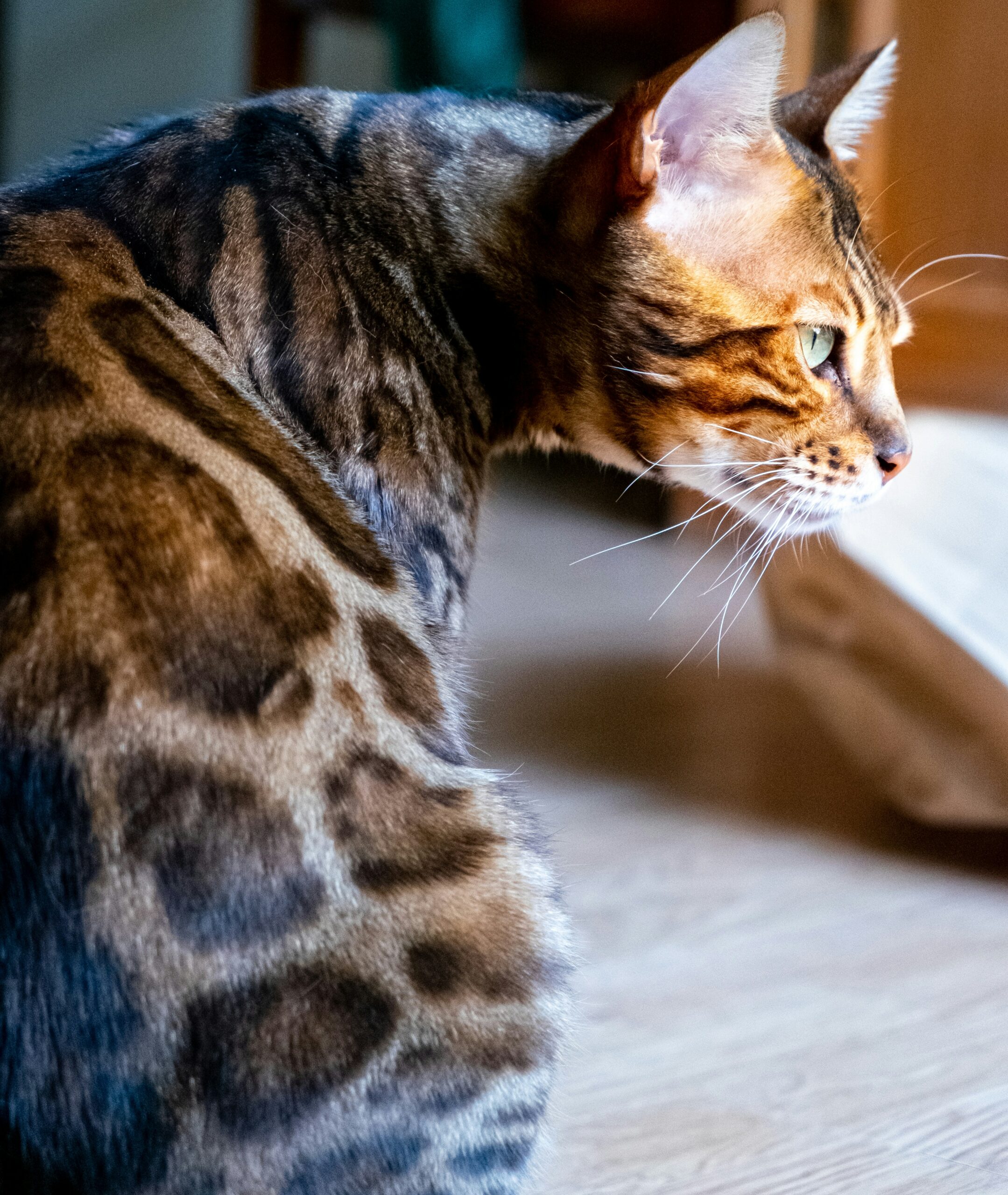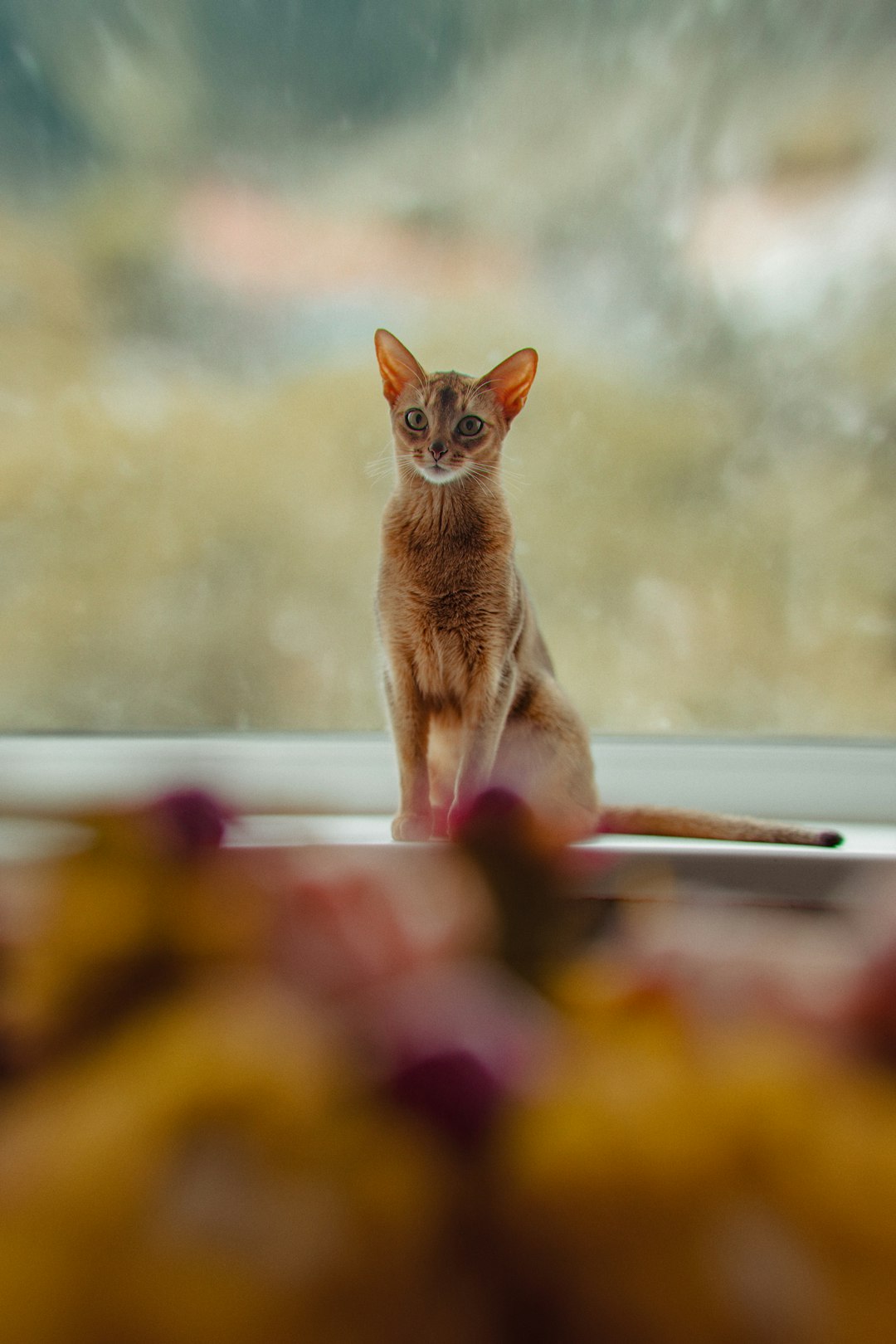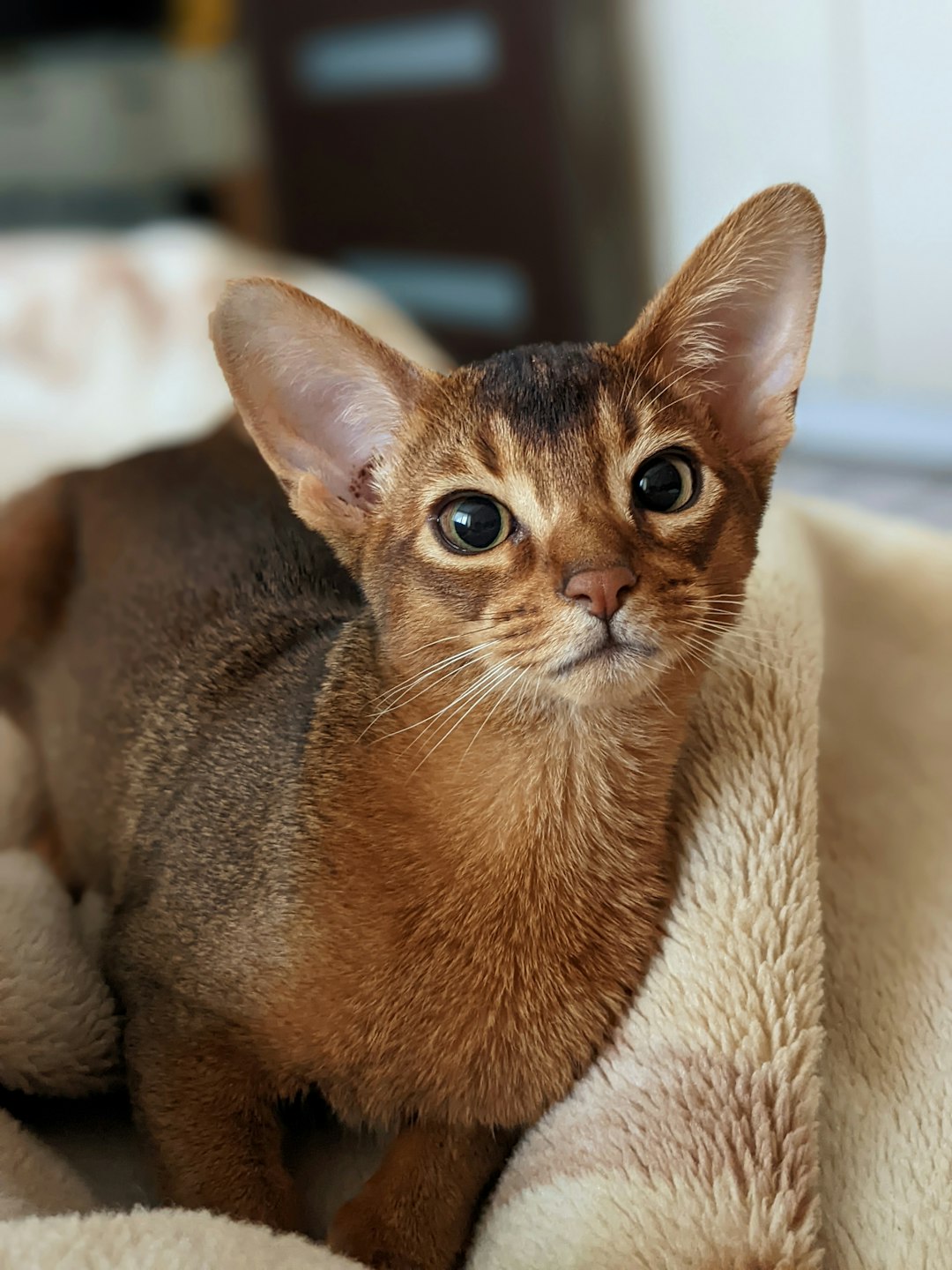Bengal cats have captivated pet enthusiasts with their stunning appearance and unique personalities, but understanding the Bengal cat price requires delving deeper into various factors. From their distinct lineage and striking coat patterns to responsible breeding practices, each element contributes to their cost. Additionally, health considerations, genetics, and certification processes play a significant role in determining what you’ll pay for a Bengal. By exploring these aspects, potential owners can appreciate the true value of this remarkable breed and make informed decisions before bringing one of these extraordinary cats into their home.
Factors Influencing Bengal Cat Prices
When it comes to determining the bengal cat price, several key factors come into play. Understanding these influences can help potential owners make informed decisions. Here are the primary factors that affect the cost:
Breed Quality: Show-quality Bengal cats are more expensive due to their desirable traits and lineage. Generally, prices can range from:
Type Price Range Pet Quality $1,000 – $2,500 Show Quality $2,500 – $5,000 Coat Patterns and Colors: Bengals come in diverse patterns and colors, such as rosetted or marbled coats. Rare colors often command higher prices.
Age and Availability: Kittens typically fetch higher prices than adult cats. Additionally, limited availability can drive the cost up.
Breeder Reputation: Well-established breeders with positive reviews often charge more due to their breeding practices and health guarantees.
Location: Prices may vary depending on geographic area; urban breeders may charge more than those in rural settings.
By considering these factors, prospective owners can better understand the bengal cat price and what contributes to it, ensuring a fulfilling cat ownership experience.
Unique Characteristics of Bengal Cats
Bengal cats stand out in the feline world due to their striking appearance and lively personality. These unique traits significantly influence the bengal cat price. Here are some distinctive features that contribute to their appeal:
Stunning Coat Patterns: Bengal cats exhibit beautiful, leopard-like spots or marbling, which adds to their exotic look. Their coats can come in various colors, such as brown, snow, and silver.
Vibrant Personality: Known for their playful and energetic nature, Bengals are highly social. They enjoy interactive play and often form strong bonds with their owners.
Intelligence: These cats possess remarkable intelligence, making them trainable. They can learn tricks and even walk on a leash, enhancing their practicality as pets.
High Activity Level: Bengals require stimulation and exercise, which makes them unique compared to more sedentary breeds. Their need for activity can influence the bengal cat price, as breeders often focus on producing vibrant, well-rounded pets.
Overall, the combination of their captivating looks and engaging personalities makes Bengal cats a beloved choice, justifying their higher price point in the pet market.
Breeding Practices and Their Impact on Cost
Breeding practices play a crucial role in determining the bengal cat price. Here are some key factors that influence costs in the breeding of Bengal cats:
Quality of Breeding: Responsible breeders invest in high-quality pairings to maintain desirable traits. These practices ensure healthiness and temperament, increasing the bengal cat price.
Genetic Health Testing: Ethical breeders conduct thorough health screenings. This reduces the risk of hereditary health issues, adding to the expense but justifying higher prices.
Breeding Standards: Breeders adhering to recognized standards typically charge more. Traits such as spotted or marbled coats are often the result of extensive breeding, reflecting in the bengal cat price.
Time and Resources: Successful breeding involves significant time and care, from pregnancy to weaning. This commitment also adds to the overall cost.
Comparison of Breeding Practices Impacting Price
| Breeding Practice | Cost Impact |
|---|---|
| Health Screening | Increases price |
| Quality Pairing | Increases price |
| Show-Quality Focus | Significantly increases price |
| Responsible Care | Moderate increase |
Understanding these breeding practices helps potential owners recognize the value behind the bengal cat price and the importance of choosing a reputable breeder.
The Role of Registration and Certification
When considering a Bengal cat price, registration and certification play a crucial role. These factors not only contribute to the overall value of the cat but also provide assurance regarding its lineage and health. Here are key points to understand:
Certified Breeders: Reputable breeders register their cats with recognized organizations, ensuring quality and ethical breeding practices. This certification may increase the Bengal cat price significantly.
Pedigree Importance: A Bengal cat with a strong pedigree often commands a higher price. This is due to the assurance of genetic quality and health.
Health Assurance: Registered cats usually come with documentation of health screenings. This reduces potential veterinary costs in the future, making the investment worthwhile.
Comparison of Registration Types:
| Registration Type | Description | Typical Impact on Price |
|---|---|---|
| Non-registered | No official documentation | Lower price |
| TICA Registered | Registered with The International Cat Association | Moderate increase |
| CFA Registered | Registered with The Cat Fanciers’ Association | Higher increase |
In summary, the Bengal cat price reflects not only the cat itself but also the integrity of the breeding process. Therefore, investing in a registered Bengal cat often leads to a better long-term companion.
Comparison of Prices: Pet vs. Show Quality Bengal Cats
When considering a Bengal cat, understanding the difference in prices between pet-quality and show-quality cats is essential. Here’s a clear breakdown:
Price Comparison
| Quality Type | Price Range | Characteristics |
|---|---|---|
| Pet Quality | $1,000 – $3,000 | – Less stringent breeding standards – May have minor imperfections – Ideal for companionship |
| Show Quality | $3,000 – $5,000+ | – Bred to specific standards – Exceptional traits and appearance – Suitable for competitions |
Factors Affecting Bengal Cat Price:
- Breeding Practices: Show-quality cats often come from dedicated breeders who prioritize lineage and health.
- Genetics: Show-quality Bengal cats may have superior genetics, which contributes to higher prices.
- Registration: Show-quality felines usually come with pedigree papers, increasing their overall value.
In summary, the Bengal cat price can greatly vary depending on whether you’re looking for a pet or a show cat. Choosing the right type aligns with your future cat’s purpose and your budget.
Health Considerations and Veterinary Costs
When considering the bengal cat price, it’s crucial to account for potential health considerations and veterinary costs. Bengal cats are generally healthy, but they can be prone to specific health issues that may arise over their lifetime. Here’s a breakdown:
- Common Health Issues: Some prevalent concerns include:
- Hypertrophic Cardiomyopathy (HCM)
- Progressive Retinal Atrophy (PRA)
- Routine Veterinary Care: As with any pet, ensure regular veterinary check-ups, vaccinations, and preventative treatments. Budget for:
- Annual visits: $100 – $300
- Vaccinations: $50 – $100 per visit
- Insurance Considerations: It’s wise to consider pet insurance, which can alleviate unexpected expenses related to health problems.
Summary of Costs
| Expense Type | Estimated Cost |
|---|---|
| Annual Check-ups | $100 – $300 |
| Vaccinations | $50 – $100 |
| Potential Emergencies | $500+ |
In summary, while the bengal cat price may initially captivate you, always factor in long-term health and veterinary costs to make an informed decision.
The Importance of Genetics in Pricing
When evaluating bengal cat prices, genetics plays a crucial role. Breeders often emphasize the lineage of their cats, which can significantly impact the overall cost. Here are key points to consider regarding genetics and pricing:
Ancestry: Purebred Bengal cats with notable show-winning lineage tend to have higher prices. A well-documented pedigree indicates desirable traits.
Trait Inheritance: Certain color patterns and markings can be inherited and influence demand. Striking patterns increase desirability, thus affecting bengal cat price.
Genetic Health: A cat’s genetic background is critical for health predictability. Breeders who prioritize genetic screening typically charge more for their kittens, but this can lead to fewer health issues down the road.
Rarity: Rare genetic traits, such as specific color variations, can also elevate prices. For instance, a marble pattern may fetch a higher price than a traditional spotted pattern due to its uniqueness.
In summary, genetics not only shapes the appearance and health of Bengal cats but also influences the bengal cat price. Therefore, it’s essential to consider these genetic factors when making your purchasing decision.
Finding a Reputable Bengal Cat Breeder
When searching for a Bengal cat, finding a reputable breeder is crucial. Quality plays a significant role in the overall bengal cat price. Here are key points to consider:
Research: Look for breeders who are recognized by national and international feline associations. Certification can indicate a commitment to ethical breeding practices.
Visit Facilities: Always schedule a visit to the breeder’s facility. A clean, inviting environment is essential for the health of the kittens.
Ask Questions: Inquire about:
- Health screenings for common genetic diseases
- Socialization practices for the kittens
- Their breeding history and experience with Bengal cats
References: Seek feedback from previous customers. Positive testimonials can provide reassurance.
Contracts: Ensure the breeder offers a written contract detailing health guarantees and return policies.
Transparent Pricing: Discuss the bengal cat price openly to understand what factors contribute to their pricing.
By taking these steps, you can help ensure you find a healthy, well-bred Bengal cat that fits your home.
Frequently Asked Questions
What factors contribute to the price of a Bengal cat?
The price of a Bengal cat can vary significantly based on several factors including the cat’s lineage, color pattern, and breeder reputation. Cats that come from champion bloodlines or possess rare coloration and patterns, like the snow or marbled variants, are often more expensive. Additionally, responsible breeders who prioritize health screenings, genetic testing, and ethical breeding practices may charge higher prices to cover their costs.
Are Bengal cats worth the price?
Whether a Bengal cat is worth the price depends on several personal factors such as your lifestyle, preferences, and budget. Bengal cats are known for their striking appearance and playful demeanor, making them a delightful companion for many. Moreover, when considering the long-term costs associated with their care, including grooming, food, and veterinary visits, many owners find the initial investment worthwhile due to the joy and companionship these cats bring.
What are the ongoing costs of owning a Bengal cat?
Owning a Bengal cat entails various ongoing costs that prospective owners should consider. These include high-quality food suitable for their active nature, regular veterinary care including vaccinations, preventative medication, and potential grooming needs, particularly for those with longer coats. Additionally, owners should budget for supplies such as litter boxes, scratching posts, toys, and emergency funds for unexpected health issues. Overall, ongoing costs can range significantly based on individual choices and needs.
Do Bengal cats require special care or training?
Bengal cats are known for their high energy levels and intelligence, which means they may require more interactive play and mental stimulation compared to other breeds. While they don’t necessarily require special care that deviates significantly from typical felines, they thrive with regular exercise and social interaction. Training them can also be beneficial as they can learn tricks and commands easily due to their intelligence. Owners should prepare to engage in activities that can keep a Bengal mentally and physically stimulated.



